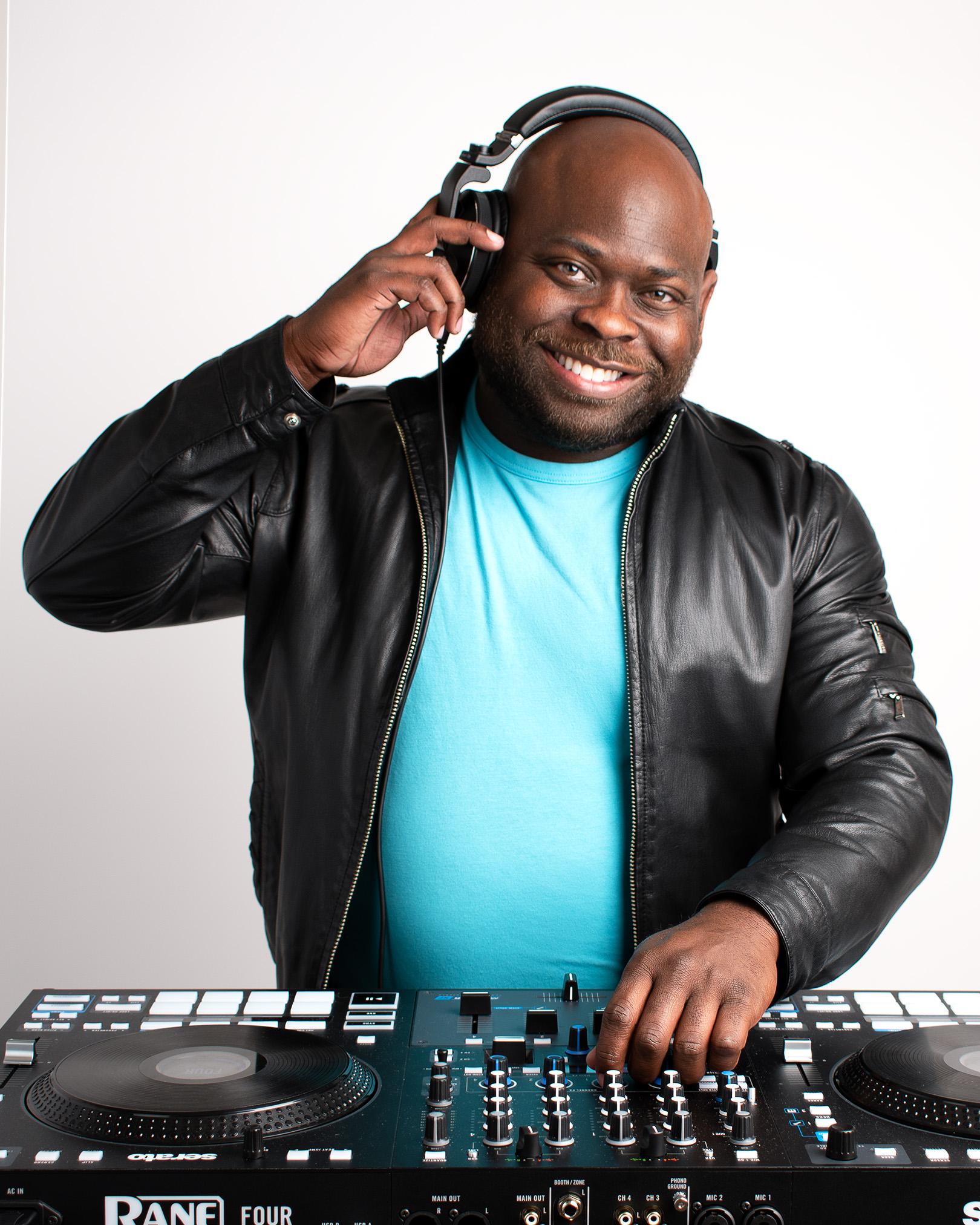Addiction is a complex and challenging condition that affects millions worldwide. Whether it involves substances like alcohol, drugs, or behaviours such as gambling, addiction can take a heavy toll on individuals and their loved ones. However, recovery is possible. More importantly, Addiction Recovery is not just about overcoming dependence—it’s about transforming struggles into sources of strength, resilience, and renewed purpose.
Understanding Addiction: More Than a Habit
Addiction is often misunderstood as a simple lack of willpower or moral failing. In reality, it’s a chronic brain disorder that changes how individuals think, feel, and behave. Prolonged substance use or compulsive behaviours alter the brain’s reward system, making it difficult to stop despite harmful consequences.
Understanding addiction as a disease is crucial for compassion and effective treatment. It also underscores the importance of professional support, self-care, and a structured recovery plan.
The Journey of Recovery
Recovery is a deeply personal journey that varies for each individual, but it generally involves several key stages:
- Acknowledgment: Recognizing the problem and deciding to seek help.
- Detoxification: Safely managing withdrawal symptoms with medical supervision if necessary.
- Treatment: Engaging in therapies such as counselling, cognitive-behavioural therapy (CBT), group support, or medication-assisted treatment.
- Maintenance: Developing healthy habits, coping strategies, and support systems to sustain sobriety.
- Growth: Rebuilding life, relationships, and purpose beyond addiction.
Recovery is rarely a straight line. Setbacks and challenges are part of the process, but with perseverance and support, they can be overcome.
The Power of Support Networks
One of the most important factors in successful addiction recovery is a strong support network. This can include family, friends, peer support groups like Alcoholics Anonymous (AA) or Narcotics Anonymous (NA), and professional counsellors.
Support networks provide accountability, encouragement, and understanding—helping individuals navigate difficult moments and celebrate milestones. Recovery is not about isolation; it’s about connection.
Transforming Struggles into Strength
Addiction recovery is not only about ending substance use; it’s an opportunity for profound personal growth. Many people discover new strengths such as:
- Resilience: Overcoming addiction builds mental and emotional toughness.
- Self-awareness: Recovery encourages reflection on triggers and behaviours.
- Empathy: Many who recover become passionate about helping others.
- Purpose: Reconnecting with passions, career goals, and relationships.
Many recovery programs emphasize holistic healing—addressing physical, emotional, and spiritual health—to help individuals thrive beyond their addiction.
Resources and Tools for Recovery
Today, a wide range of resources supports addiction recovery, including:
- Inpatient and outpatient treatment centres
- Counselling and therapy services
- Medication-assisted treatment
- Online support groups and apps
- Educational materials and workshops
Choosing the right resources depends on individual needs, but the key is to seek help and stay committed to recovery.
Conclusion
Addiction recovery is a courageous and transformative process. It’s about reclaiming control, rebuilding life, and turning struggles into newfound strength. With compassion, support, and determination, recovery offers hope and a brighter future for those affected by addiction. If you or someone you love is struggling, remember: help is available, and recovery is possible.


